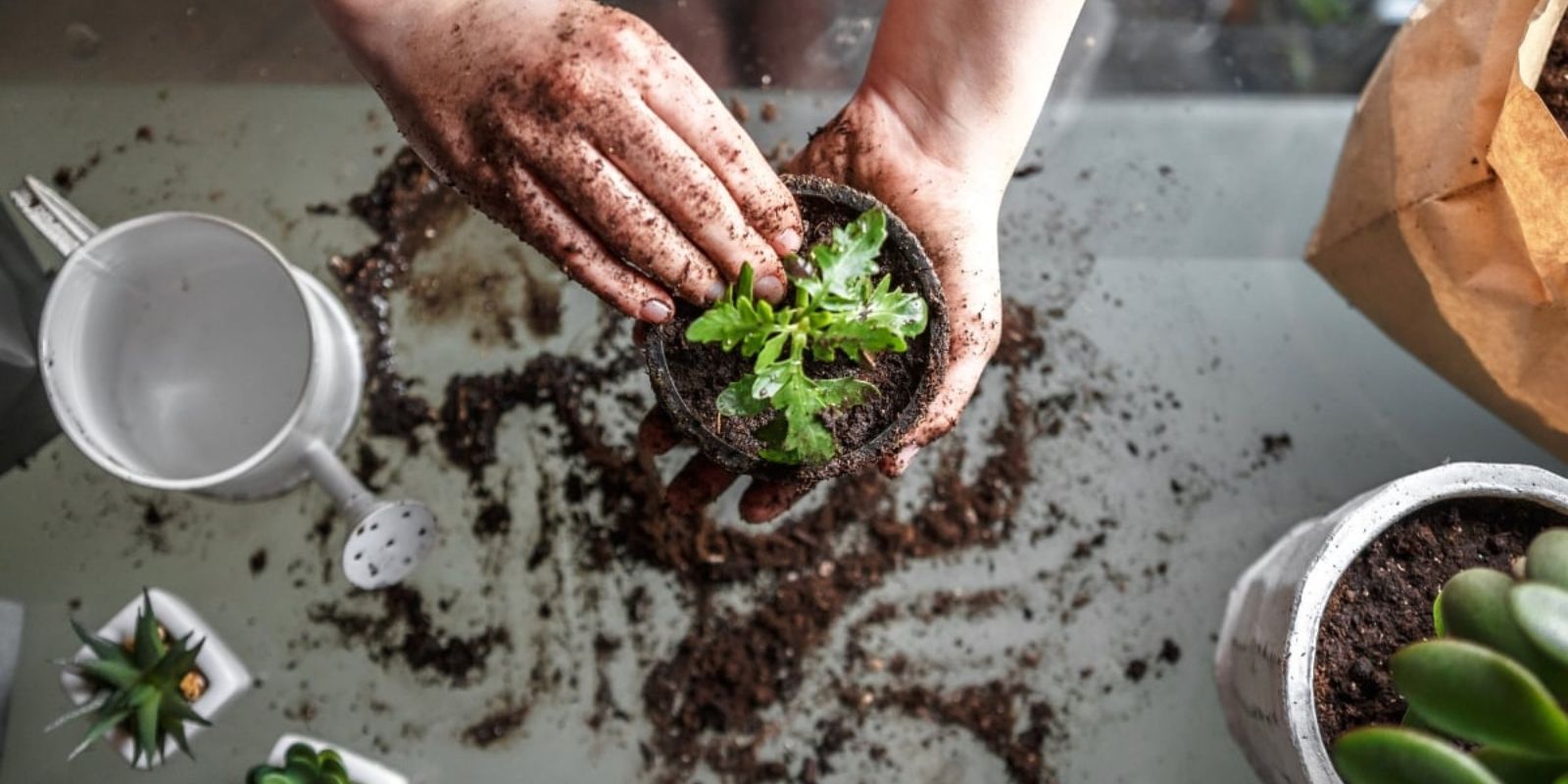In an age where mental health is gaining increased recognition, scientists are uncovering fascinating links between nature and well-being. One such revelation is the presence of antidepressant microbes in soil—tiny organisms that can have a profound impact on our mental health. This article explores how these microbes work, why they make us feel happier, and how you can harness their benefits through simple interactions with the soil.
The Connection Between Soil and Mental Health
It’s not just a myth that spending time outdoors can lift your spirits. Scientific research is beginning to reveal that our interactions with soil can influence our mental health in remarkable ways. Soil is teeming with microorganisms, including bacteria and fungi, many of which have been found to produce compounds with antidepressant properties. The most notable among these is Mycobacterium vaccae, a soil bacterium that has shown promise in reducing symptoms of depression and anxiety.
When we engage with soil, whether through gardening, hiking, or simply spending time in nature, we come into contact with these beneficial microbes. Studies have suggested that these microbes can stimulate the production of serotonin, a neurotransmitter associated with mood regulation, thus enhancing our sense of well-being.
How Antidepressant Microbes Work
The mechanism behind how soil microbes influence our mood is still being studied, but there are several key theories:
- Serotonin Production: Some soil bacteria can affect serotonin levels in the brain. Serotonin is crucial for regulating mood, and its production can be influenced by interactions with certain bacteria found in the soil.
- Immune System Regulation: Exposure to beneficial soil microbes may help regulate the immune system. A well-balanced immune system can reduce inflammation, which is often linked to mood disorders like depression.
- Reduction of Stress: Interacting with soil and nature can reduce levels of the stress hormone cortisol. Lower cortisol levels are associated with improved mood and reduced anxiety.
- Psychobiotics: Some soil microbes are considered “psychobiotics,” meaning they have direct effects on mental health through their influence on the gut-brain axis. The gut-brain connection is an emerging field of study showing that gut health can significantly affect mood and mental well-being.
Practical Ways to Engage with Soil and Microbes
If you’re interested in benefiting from the antidepressant properties of soil microbes, here are some practical steps you can take:
- Gardening: One of the most effective ways to interact with soil is through gardening. Whether you’re growing vegetables, herbs, or flowers, gardening provides a hands-on way to engage with soil and its microbes. Start a small garden or even a few potted plants to reap the mental health benefits.
- Composting: Composting not only helps reduce waste but also fosters a healthy environment for beneficial microbes. The process of composting involves breaking down organic matter, which can increase the presence of microbes in the soil. Participate in composting at home or join a community composting program.
- Nature Walks: Spending time in natural areas like parks or forests allows you to come into contact with soil and the microbes within it. Regular walks in these environments can help reduce stress and improve mood.
- Soil-Based Activities: Engage in other soil-based activities such as potting plants, weeding, or even building a garden bed. These activities increase your exposure to soil microbes and can be therapeutic.
- Mindfulness in Nature: Combine your time spent in soil with mindfulness practices. Take moments to appreciate the sensory experiences of being in nature, from the feel of the soil to the sounds of the environment. Mindfulness can enhance the mental health benefits of interacting with soil.
Benefits of Soil Microbes Beyond Mental Health
The benefits of soil microbes extend beyond mental health. Healthy soil contributes to overall ecosystem health, including:
- Nutrient Cycling: Soil microbes play a crucial role in breaking down organic matter and recycling nutrients, which supports plant growth and soil fertility.
- Soil Structure: Microbes help improve soil structure by creating channels and binding soil particles together, which enhances water infiltration and reduces erosion.
- Pest and Disease Control: Beneficial microbes can suppress soil-borne pests and diseases, reducing the need for chemical pesticides and promoting healthier plants.
Tips for Maximizing the Benefits of Soil Microbes
To get the most out of your interactions with soil, consider these tips:
- Wear Gloves Sparingly: While gloves can protect your hands, occasional bare-hand contact with soil allows you to directly interact with microbes. Just be sure to wash your hands afterward.
- Practice Good Hygiene: Always wash your hands thoroughly after working with soil to avoid any potential pathogens. This practice ensures a safe and enjoyable gardening experience.
- Choose Organic Practices: Organic gardening methods avoid synthetic chemicals that can harm beneficial soil microbes. Opt for natural fertilizers and pest control methods to support a healthy microbial community.
- Educate Yourself: Learning more about soil health and microbiology can deepen your understanding of how soil affects mental and physical well-being. Look for resources on soil science and gardening to expand your knowledge.
Conclusion
The discovery of antidepressant microbes in soil opens up exciting possibilities for improving mental health through natural, everyday interactions with nature. By engaging with soil through activities like gardening, composting, and nature walks, you can harness the benefits of these microbes and enhance your overall well-being. Embrace the therapeutic power of soil and start experiencing the mental health benefits that come with it.
Call to Action
Have you noticed an improvement in your mood after spending time in the garden or natural areas? Share your experiences and tips for connecting with soil in the comments below. Let’s celebrate the connection between nature and mental well-being and inspire others to experience the joy of soil!

